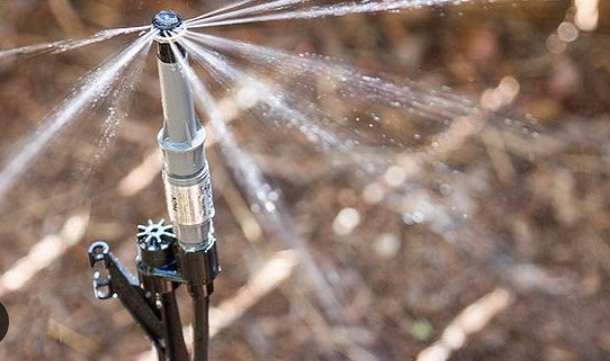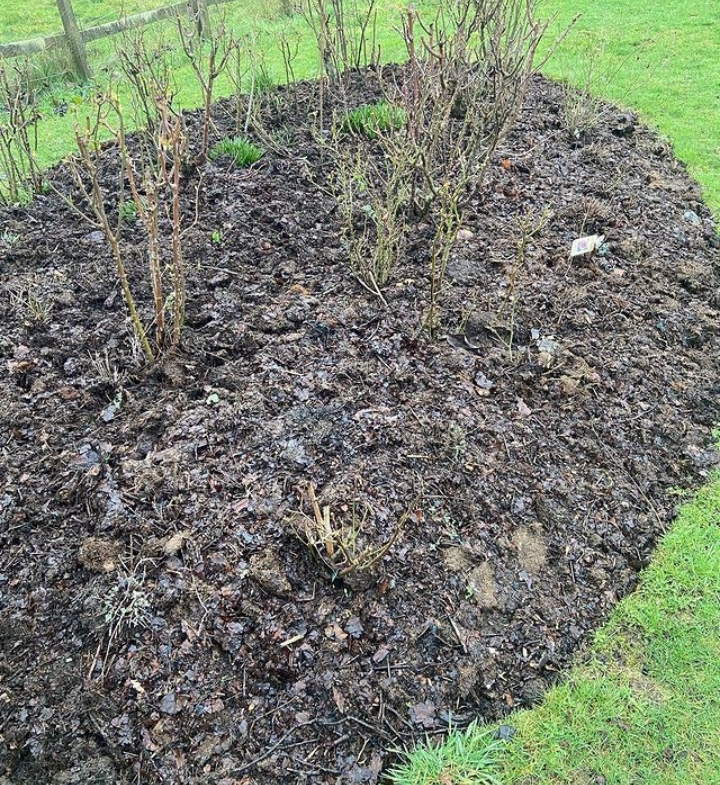Attracting insects in garden
1. Plant diverse flowers: Grow a wide variety of flowering plants, especially native species, that bloom at different times of the year. This will attract a diverse range of insects with varying lifecycles and preferences.
2. Provide water sources: Create a small water feature like a birdbath or a shallow dish with pebbles for insects to drink from and bathe. Be sure to keep the water fresh and clean.
3. Avoid pesticides: Minimize the use of chemical pesticides as they can harm beneficial insects along with the harmful ones. Instead, focus on natural pest control methods like companion planting or introducing beneficial insects like ladybugs or praying mantises.
4. Install insect hotels: Create habitats for insects to nest and hibernate by setting up insect hotels or bug houses. These can be made from various materials such as wood, bamboo, and straw.
5. Leave some areas wild: Embrace a more natural approach in certain areas of your garden by leaving some sections untamed with wildflowers, tall grasses, and fallen leaves. These provide shelter and food for insects.
6. Include host plants: Incorporate host plants in your garden that specific insects use for laying eggs and feeding their young. For example, milkweed is vital for monarch butterflies.
7. Use compost: Compost enriches the soil and promotes healthy plant growth, which, in turn, attracts more insects.
8. Introduce beneficial nematodes: These microscopic organisms can help control harmful insect pests in the soil.
9. Avoid excessive mulching: While mulching is beneficial, excessive mulch can reduce the availability of nesting sites for ground-nesting insects.
10. Welcome spiders: Spiders are excellent predators and help control insect populations. Allow some cobwebs to form in corners and gaps.
11. Consider night-blooming flowers: Certain flowers bloom at night and attract moths and other nocturnal insects, adding diversity to the insect population.
12. Reduce artificial lighting: Minimize the use of bright outdoor lights at night, as they can disrupt insect behavior and disorient them.
Remember that it's essential to strike a balance in your garden to encourage a healthy ecosystem. By attracting beneficial insects, you'll create a more sustainable and harmonious environment while reducing the need for harmful chemical interventions.




No comments:
Post a Comment